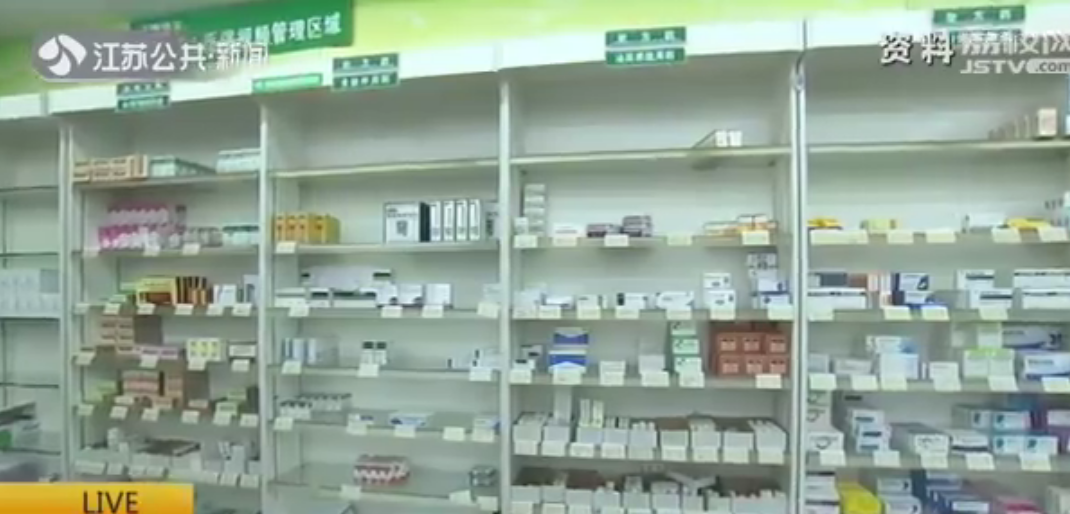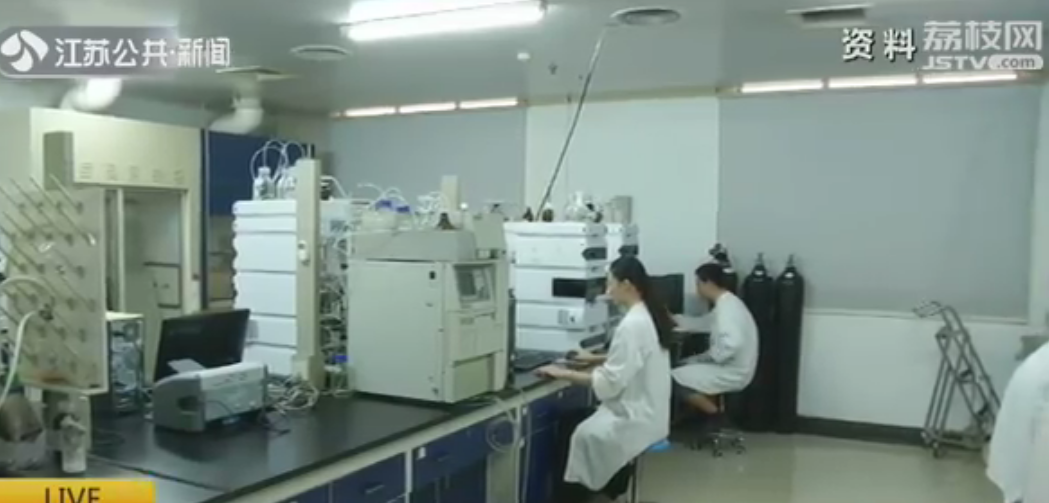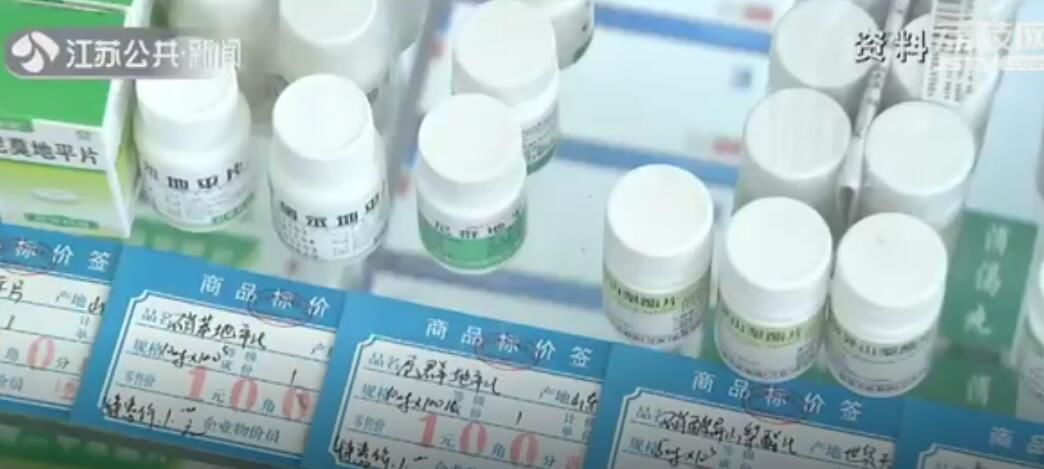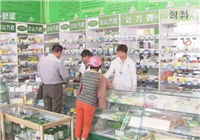China will establish a long-term mechanism to ensure a steady supply of basic and first-aid medicines at stable prices, according to a State Council executive meeting chaired by Premier Li Keqiang on Aug 16.

At the State Council executive meeting, Premier Li Keqiang emphasized the importance of basic and first-aid medicine and called for the secure supply of both, especially life-saving medicine. Medicine concerns people's lives and health, so prices cannot be raised at will, he said.
Medicine procurement policies will be optimized in many ways, including encouraging the centralized procurement of medicines that have few alternatives and unstable supply, the meeting noted.
The country is also mulling expanding the import of much-needed medicines and facilitating the upgrading of relevant domestic industries, according to the meeting.

Medical establishments will face tighter drug use supervision so that basic medicines can take priority in both procurement and utilization. At State-run grassroots hospitals, the proportion of basic medicines to their total drug stock will rise further, the meeting said.
The meeting also decided to improve early warning systems for medicine shortages, implement production suspension reporting system, prompt medical institutions to set inventory warning lines and build up a reserve for medicine that may be in severe shortage.
Supervision over drug pricing will be tightened to prevent unreasonable price hikes, while pharmaceutical firms monopolizing or rigging drug prices will be fined, denied market access or even be subject to criminal punishment, the meeting noted.

The meeting decided to ensure the steady supply of basic and first-aid medicine at stable prices.
At the meeting on Aug 16, decisions were made to improve medicine-procurement policy to address shortages of common medicines and unreasonable price hikes.
While accelerating collective procurement and medicine pilot schemes, enterprises will be allowed to set appropriate prices for medicine on the national and provincial-level shortage lists.
Centralized procurement will be encouraged for medicines with few alternatives and unstable supply, the meeting decided.

China is considering expanding the import of in-demand medicines and facilitating the upgrading of related domestic industries.
According to the meeting, medical establishments will face tighter supervision of drug use to ensure a preferential position for basic medicines in procurement and utilization.
At State-run grassroots medical institutions as well as level-two and level-three hospitals, the proportion of basic medicines to total drug stock will be further raised.
It is normal to see drug prices rise and drop within a reasonable range, Premier Li said, but regulations should also be in place to control unreasonable price surges.
The meeting decided to improve the early-warning system for medicine shortages, implement a production-suspension-reporting system, prompt medical institutions to set inventory warning lines, and build up a reserve for medicine that may be in severe shortage.
The government will improve laws and regulations to guard against monopoly and manipulation of drug prices, and violators will face significant fines, market prohibition, and criminal penalties.
The supply and price of basic and first-aid medicine should be also guaranteed, the Premier said at the meeting.
(Source:ourjiangsu.com)






